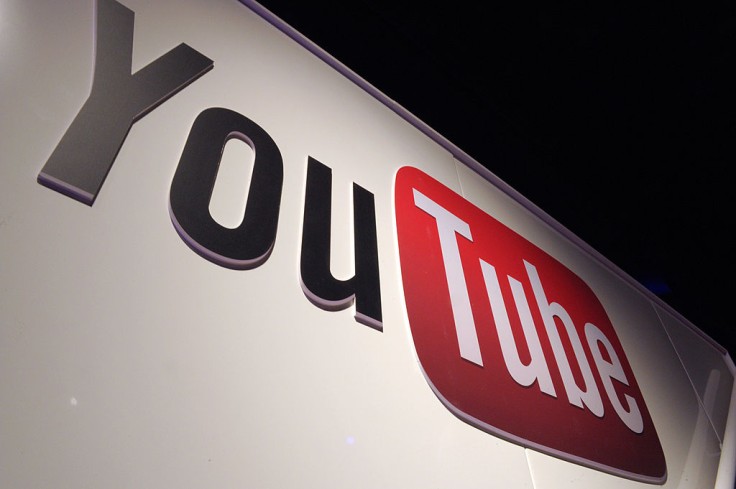
80 organizations for fact-checking around the world are calling out YouTube as one of the major culprits of misinformation.
YouTube Fake News
As reported by The Guardian, the group claimed that the platform's current measures on dealing with misinformation are insufficient, in a letter sent to Susan Wojcicki, YouTube's CEO.
Included in the letter are also numerous recommended action plans advised to YouTube to address their inefficiency in putting a stop to the spread of misinformation.
These recommendations include urging YouTube to add more context and debunking processes and limiting the ability of creators who have constantly spread fake news to monetize their content on the platform.
YouTube Misinformation Guide
The video-sharing platform has its own specific Community Guidelines that they follow through to avoid and tag misleading or deceptive content that offers a severe risk of egregious harm.
However, the company doesn't just put a video down after receiving reports of fake news in a piece of content.
YouTube also works closely with its own creators and a variety of outside experts for collaboration in creating their company's policies.
They stated that in order to promptly eliminate information that violates their policies, they constantly enforce their regulations by combining content reviewers and machine learning.
According to YouTube, certain content is tagged as misinformation if they belong to these four criteria.
First, content that suggests that harmful substances or procedures can have health advantages is considered to be promoting unsafe therapies or cures.
Second, content intended to mislead census participants regarding the census's time, place, means, or eligibility requirements, or misleading statements that could materially reduce census participation.
Third, manipulated content is prohibited. This type of content is manipulated and doctored to fit a narrative that may post extreme harm to its audience.
Fourth, using old events and claiming they happened in a present time are also tagged as misinformation by YouTube.
Recommended Action Plan
A coalition of more than 80 fact-checking organizations from around the world named the video sharing giant as one of the biggest conduits of online disinformation and misinformation around the world, and wants YouTube to take accountability in doing more to combat the problem.
The letter addressed to the platform included four action plan recommendations that the Google-owned company needs to implement in helping combat misinformation.
First, funding independent research into disinformation campaigns inside the platform.
Second, providing links to rebuttals inside videos distributing disinformation and misinformation.
Third, stopping its algorithms from promoting content creators that have had a violation multiple times.
And lastly, putting more effort into content that is spreading misinformation within non-English-language videos.
Addressing YouTube Fake News
The letter claimed that YouTube is allowing its platform to be weaponized by unethical individuals to deceive and exploit others, as well as to organize and finance themselves.
The group urges the company to take strong action against disinformation and misinformation.
In addition to that, they also highly recommend that the platform that the company collaborates with the world's independent, non-partisan fact-checking organizations in developing a policy roadmap and a system intervention to strengthen its ecosystem.
As reported by CNN, YouTube's spokesperson Elena Hernandez stated that the company has heavily invested in policies and products in all countries they operate to bridge people to proper information, reduce the spread of YouTube fake news, and eliminate content that violates its Community Guidelines.
She also added that they have seen significant progress in keeping the recommended borderline misinformation to below 1% in all of its views on YouTube.
With that, only 0.21% of content has violated the guidelines, which were later on removed.
Furthermore, she also claimed that the platform is always looking for ways it can improve and continue to strengthen its work in addressing misinformation.









